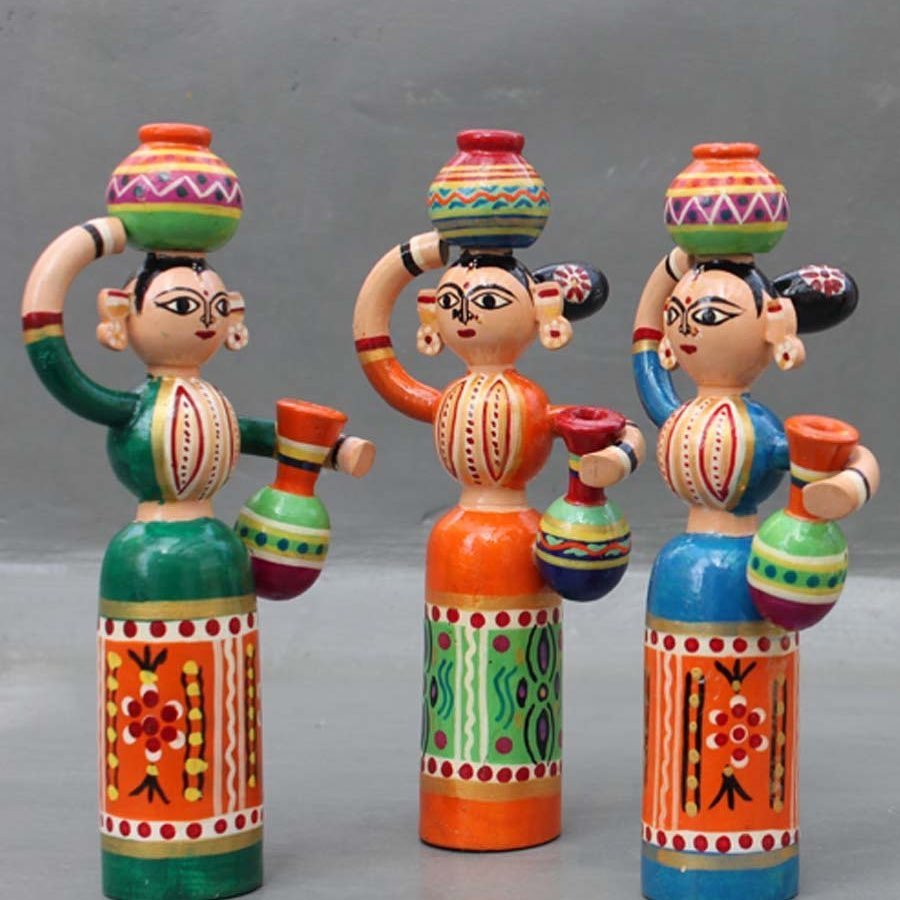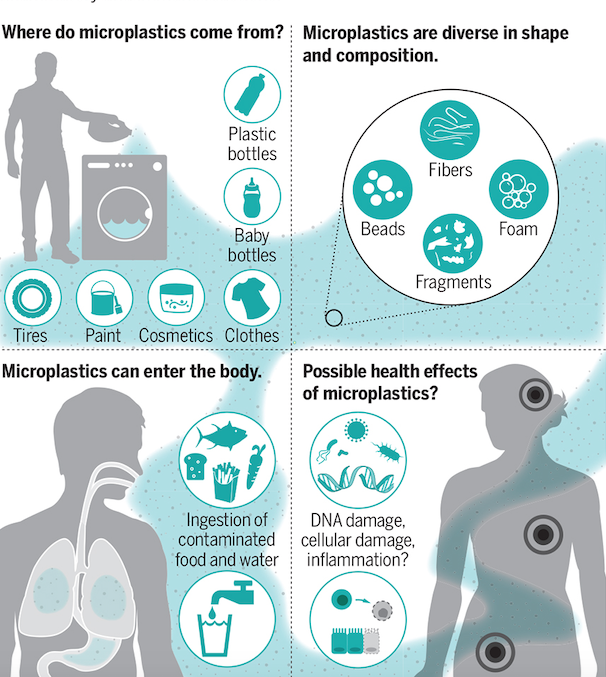
Current Affairs for UPSC Civil Services Exam – July 03, 2024
Subscribers of "Current Affairs" course can Download Daily Current Affairs in PDF/DOC
Subscribe to Never Miss an Important Update! Assured Discounts on New Products!
Must Join PMF IAS Telegram Channel & PMF IAS History Telegram Channel
{GS2 – Polity – IC – Municipalities} Financial Devolution to the ULBs **
- Context (TH): Despite efforts since the 11th Finance Commission, financial devolution to cities remains insufficient. Municipalities face poor fiscal health, and rapid urbanisation without adequate fiscal measures hampers development.
Financial Devolution to Urban Local Bodies (ULBs)
- India allocates only 0.5% of their GDP to ULBs, while South Africa, Mexico, the Philippines, and Brazil allocate 1.6% to 5.1%.
- Intergovernmental transfers account for about 40% of ULBs’ revenue in India. But these transfers are,
- Unpredictable
- Lack earmarking for vulnerable groups
- Lack horizontal equity
- Introduction of GST reduced tax revenue (excluding property tax) of Urban Local Bodies (ULBs) from 23% in 2012-13 to around 9% in 2017-18.
- Intergovernmental Transfers (IGTs) from States to ULBs are low, with recommendations of only about 7% of States’ own revenue in 2018-19 by State Finance Commissions.
- Progress in financially strengthening ULBs, as intended by the 74th constitutional amendment over three decades, has been inadequate.
- The 13th Finance Commission noted that parallel agencies financially and operationally diminish local governments.
Learn in detail about the Constitutional and Legal Provisions related to ULBs in India & Issues related to Urban Local Bodies.
Challenges Posed by Absence of 2021 Census Data
- Census data provides accurate population figures essential for determining fund distribution. It ensures equitable resource allocation based on demographic needs.
- Census insights inform financial devolution strategies by highlighting urban growth trends and demographic shifts.
- The ongoing transformations within cities reflect the intricate interplay of demographic shifts.
- India has approximately 4000 statutory towns and an equal number of Census towns.
- There are numerous effective urban villages requiring accurate enumeration.
- Accurate census data is crucial for capturing the significant migration to tier 2 and tier 3 cities, impacting their service structure and needs.
- The lack of 2021 census data complicates the accurate assessment of urban growth. It hampers the understanding of demographic changes essential for evidence-based fiscal devolution.
Measures To Be Taken
- Local governments need support from Union and State governments through funding, personnel, and technical assistance.
- It is crucial to increase IGTs as a percentage of GDP to enhance the financial stability of ULBs.
- Addressing programs like the MP and MLA Local Area Development Schemes is essential to prevent the distortion of the federal structure by creating parallel agencies.
16th Finance Commission
More Info > FC Composition and Qualification Terms of Reference for 16th Finance Commission
More Info > Basis for allocation of previous FC, Issues in Financial Devolution. |
{GS2 – Polity – IC – Parliament} Expunging Power of the Speaker
- Context (NDTV): Sections of the Leader of the Opposition’s first speech were struck down by the Speaker of Lok Sabha (LS).
About Expunction
- The Speaker grants permission for questions and discussions. He interprets and enforces the Rules of Procedure.
- The Speaker can expunge or remove words at his discretion, if he is of the opinion that the words are defamatory or indecent or unparliamentary or undignified as per Rule 380 of the Rules of Procedure and Conduct of Business in Lok Sabha.
- Under Rule 381, the expunged words are removed from the official records of Parliament archives.
More info > Roles and Powers of the Speaker of Lok Sabha
Arguments Against the Expunction
- The speaker used his discretion to expunge words which are not those kind mentioned in Rule 380.
- It is against the freedom of speech of Members of Parliament.
- Arbitrary expunction is against the tenets of parliamentary democracy.
More info > Freedom of Speech in Parliament
{GS2 – Vulnerable Sections – Transgenders} LGBTQIA+ Community **
- Context (TH): June is observed as Pride Month worldwide.
Rights of LGBTQIA+ Community: Global Scenario

Source: The Hindu
- Recognition: 59 countries penalise any expression of queerness, with punishments like imprisonment or death in countries such as Ghana and Indonesia. A few countries have left the communities unrecognised, rendering their status ambiguous.
- Marriage rights: 79 countries have banned same-sex marriage, but 37 have fully legalized it.
- Adoption rights: 39 countries permit same-sex couples to adopt children, while 45 countries prohibit it. In 100 countries, single parents can adopt under certain conditions, similar to India’s laws.
- Employee rights: In 90 countries, there are no legal protections for queer employees. Only four countries (including India) offer legal aid based solely on gender identity, including transgender individuals.
Indian Context
- India, along with a few other countries, does not officially recognise LGBTQIA+ communities.
- The Supreme Court of India decriminalised homosexuality in 2018 by partially striking down Section 377 of the Indian Penal Code.
- Indian queer communities’ plea to legalise same-sex unions was rejected by the Court in 2023. However, Indian courts have acknowledged the right of same-sex couples to cohabitation.
- In India, transgender and intersex employees can seek legal recourse against discrimination based on gender in hiring, promotion, termination, or harassment.
- The Transgender Persons (Protection of Rights) Act, 2019 prohibits unfair treatment in employment, education, healthcare, public facilities, residence, etc.
- Under the Juvenile Justice (Care and Protection of Children) Act, 2015, prospective adoptive parents can adopt a child regardless of marital status, though members of LGBTQIA+ communities are not recognised as co-parents.
- The National Council for Transgender Persons (NCTP) was set up to confront the challenges faced by transgender people.
Learn in detail about the Present Status of Transgenders in India & Challenges Faced by Transgenders.
{GS3 – Agri – Food Security} Growing Food insecurity
- Context (PIB): The International Panel of Experts on Sustainable Food Systems (IPES-Food) report reveals that progress on zero hunger has now reversed, and 30% of the global population has faced food insecurity since the pandemic.
Food Insecurity
- Food insecurity refers to the lack of access to sufficient, safe, and nutritious food to support a healthy and active life.
- It is a complex and multifaceted issue that profoundly impacts the well-being of individuals and communities.
- It can lead to malnutrition, hunger, and various health problems, especially among children, pregnant women, and elderly people.
- It can also have significant social, economic, and political consequences, such as poverty, social unrest, and instability.
Causes of Food Insecurity
- Poverty
- Climate change and natural disasters
- Conflict and displacement
- Gender inequality
- Inefficient food systems
- Lack of access to healthcare and sanitation
- Political instability and governance issues
Measures to tackle food insecurity
- Poverty reduction
- Climate change mitigation
- Conflict prevention and peacebuilding
- Promote gender equality
- Improved food systems
- Social safety nets like targeted food assistance, cash transfers, and other social protection measures.
India’s Initiatives to Ensure Food Security
- National Food Security Act, 2013
- Mid-day Meal Scheme
- Public Distribution System
- National Rural Employment Guarantee Act
- National Horticulture Mission
- Pradhan Mantri Krishi Sinchayee Yojana
International Panel of Experts on Sustainable Food Systems (IPES-Food)
|
{GS3 – Envi – Conservation} Palm tree as defence against lightning
- Context (DTE): Odisha has restricted the cutting of existing palm trees and plans to plant around 1.9 million such trees to reduce casualties from lightning strikes.
Lightning
- Lightning is a giant spark of electricity in the atmosphere between clouds, the air, or the ground.
- Lightning strikes increase by about 12 percent for every degree of rise in global average air temperature.
- The India Meteorological Department issues specific forecasts related to lightning with colour-coded warnings.
Lightning in Orissa
- Odisha continues to be one of the leading states in mortality due to lightning.
- The change in rainfall patterns with a longer dry spell time period breaking through the monsoon leads to increased lightning events.
- In 2015, Odisha declared lightning a “state-specific disaster”.
More info > Lightning and Thunder
Palm Trees
- Palm trees have a significant lifespan with mature trees living up to 100 years. However, they grow slowly, requiring about 20 years to reach full maturity and achieve a considerable height.
- Palm trees have proven to be effective electrical conductors for lightning, thus helping to reduce the incidence of lightning strikes in nearby areas.
- This attribute, coupled with their long lifespan and their wide range of utility values, make them an asset in disaster mitigation.
- Countries such as Thailand and Bangladesh have opted for large-scale palm tree plantations to mitigate lightning deaths.
{GS3 – IE – Banking} Project Nexus signed by RBI
- Context (IE): The RBI has joined Project Nexus, a multilateral international initiative to enable instant cross-border retail payments by interlinking domestic Fast Payments Systems (FPSs).
About Project Nexus
- Project Nexus is conceptualised by the Innovation Hub of the Bank for International Settlements (BIS).
- It seeks to enhance cross-border payments by connecting multiple domestic Instant Payment Systems (IPS) globally.
- It is the first BIS Innovation Hub project in the payments area to move towards live implementation.
- The project will interlink India’s Unified Payments Interface (UPI) and the Fast Payments System (FPS) of Malaysia, Philippines, Singapore, and Thailand.
- Till date, RBI has been collaborating bilaterally with countries to link India’s FPS, i.e. UPI with their respective FPSs for cross-border Person to Person (P2P) and Person to Merchant (P2M) payments.
- While such bilateral connectivity will continue, a multilateral approach will provide further impetus to the RBI’s efforts in expanding the international reach of Indian payment systems.
- India would be the founding member and first mover country of this platform.
- The Project is signed by the BIS and the central banks of the founding countries:
- Bank Negara Malaysia (BNM)
- Bank of Thailand (BOT)
- Bangko Sentral ng Pilipinas (BSP)
- Monetary Authority of Singapore (MAS)
- Reserve Bank of India (RBI)
- Indonesia will also join the platform in future.
Benefits
- It will standardise the way IPS connect.
- Instead of building custom connections for each new country, a payment system operator can make a single connection to the Nexus platform, allowing a fast payment system to reach all other countries on the network.
- It could significantly accelerate the growth of instant cross-border payments.
{Prelims – In News} NIRMAN Portal
- Context (PIB): Union Minister for Coal and Mines launched the Noble Initiative for Rewarding Mains Aspirants of National Civil Services Examination (NIRMAN) Portal in alignment with Mission Karmayogi.
About NIRMAN Portal
- It is announced by Coal India Limited (CIL).
- Aims to provide Rs 1 lakh to UPSC Preliminary examination qualified candidates with annual family income less than 8 Lakh and belonging to SC, ST, female or third gender and are permanent residents of any of the 39 operational districts of CIL.
{Prelims – In News} Weapon Systems School
- Context (PIB): Weapon Systems School was inaugurated by the Chief of the Air Staff at the Air Force Station Begumpet, Hyderabad.
- The Weapon Systems School (WSS) aims to recalibrate and transform the Indian Air Force into a future-oriented force.
- The WSS will impart effect-based training that is contemporary in nature and prepare officers of the newly formed branch in line with the requirements of the IAF.
- Flight Cadets of WS Branch will undergo their second semester of training at this institute.
Weapon Systems (WS) Branch
- The Weapon Systems Branch was announced in 2022.
- It will bring ground based and specialist weapon systems under one umbrella, enhancing the war capabilities of IAF.
- It offers four specialised streams to cadets to prepare them to handle surface-to-air weapons, remotely piloted aircraft, surface-to-surface weapon systems, and space-based intelligence.
{Prelims – Sci – Bio – Diseases} Herpes
- Context (DTE): A study finds that high-income and upper-middle-income nations sustained the highest economic burden from herpes infections in 2016.
About Herpes Simplex
- Herpes disease is a group of viral infections caused by herpes simplex viruses (HSV).
- Herpes simplex virus lives inside the nerve cells and alternates between inactive and active.
- Transmission: Through direct contact with infected person or by contact with contaminated surfaces.
- Symptoms: Development of painful sores or blisters, typically on the lips, mouth, genitals, and anus.
- 2 Types:
- Type 1 (HSV-1)
- Spread mainly by oral contact.
- Causes infections in or around the mouth (oral herpes or cold sores).
- It can also cause genital herpes.
- Most adults are infected with HSV-1.
- Type 2 (HSV-2)
- Spreads by sexual contact.
- Causes genital herpes.
- Most people have no symptoms or only mild symptoms.
- The infection can cause painful blisters or ulcers that can recur over time.
- Type 1 (HSV-1)
- Treatment: There is no permanent cure for herpes, but medications are available that suppress the symptoms and decrease the spreading of the infection to others.
- Prevention: Promotion of safe sexual practices can help prevent the transmission of genital herpes (HSV-2). Education on the risks associated with oral-genital contact for HSV-1 transmission is also emphasised.
Prevalence
- According to the 2016 data (last available estimates), 67% of the global population under 50 had HSV-1 infection (oral or genital). Most HSV-1 infections are acquired during childhood.
- HSV-2 type affects an estimated 13% of people aged 15–49 years worldwide. HSV-2 infects women almost twice as often as men since sexual transmission is more efficient from men to women.
In India
- The National AIDS Control Organization (NACO) reported that the prevalence of herpes in India is between 3 to 10%. It is higher in states like Karnataka, Maharashtra, and Gujarat.
{Prelims – Sci – Bio} Role of Zinc in Nitrogen Fixation
- Context (DTE): Research reveals zinc has a crucial role in making legumes resilient to climate change.
Leguminous plants
- Leguminous plants, also known as legumes, are a family of plants (Fabaceae).
- It includes various species such as beans, peas, lentils, chickpeas, and peanuts.
- Legumes have a wide range of uses, including as food crops, forage for animals, green manure, and in the production of biofuels.
- Legume crops can form symbiotic relationships with rhizobia, a bacteria that fixes atmospheric nitrogen in root nodules. This helps them capture nitrogen from the air and convert it into a form the plants can use. This process is called nitrogen fixation.
Nitrogen Fixation
- It is a biological process in which nitrogen gas (N2) is converted into ammonia (NH3) or other nitrogen-containing compounds.
- It is essential for life on Earth, as most organisms, including plants and animals, require nitrogen in the form of amino acids and nucleotides to build proteins and nucleic acids.
To know more, refer > Symbiotic Nitrogen fixation
Zinc and Nitrogen Fixation
- Zinc is an essential micronutrient for plants. It helps in growth and development, photosynthesis, protein synthesis and transcription, etc.
- Researchers have discovered that zinc plays a crucial role in the nitrogen fixation process of legumes.
- Legumes use zinc as a secondary signal to integrate environmental factors and regulate nitrogen fixation efficiency. The mechanism works due to a transcriptional regulator called Fixation Under Nitrate (FUN).
- FUN is inactivated by zinc through the formation of large filament structures, which are dismantled to release active FUN when zinc levels are low.
- The fixation of nitrogen increases nitrogen availability, both for legumes and for crops that rely on nitrogen left in the soil after legumes are grown.
- It ensures a more stable crop yield, reduces the need for artificial fertilisers and enables the cultivation of legumes in new, previously unsuitable areas.
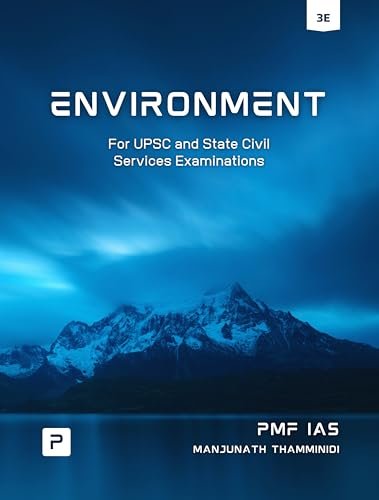

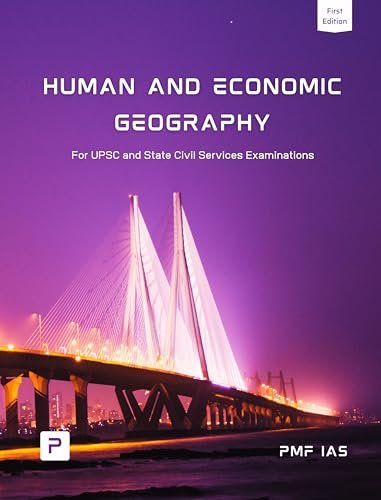


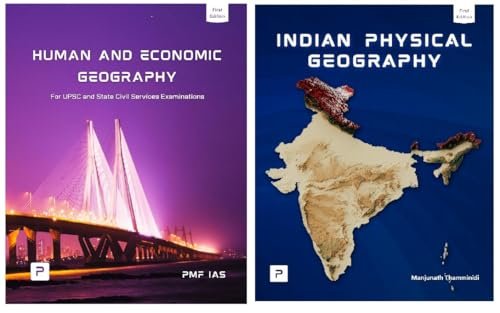

![PMF IAS Environment for UPSC 2022-23 [paperback] PMF IAS [Nov 30, 2021]…](http://pmfias.b-cdn.net/wp-content/uploads/2024/04/pmfiasenvironmentforupsc2022-23paperbackpmfiasnov302021.jpg)



